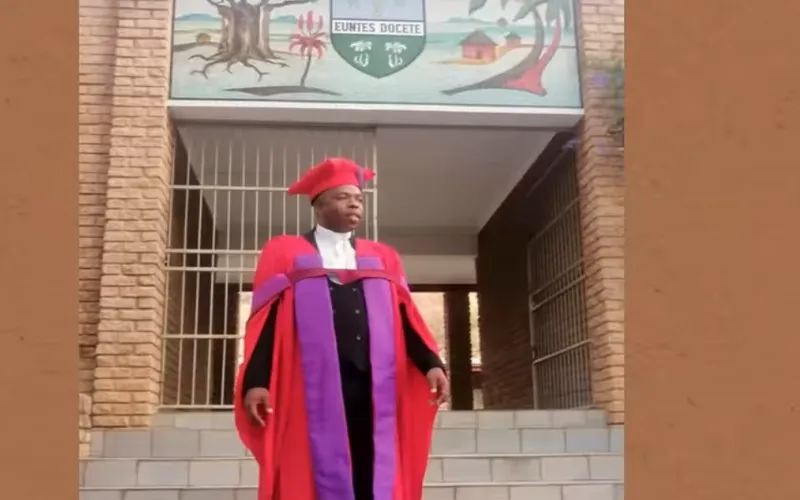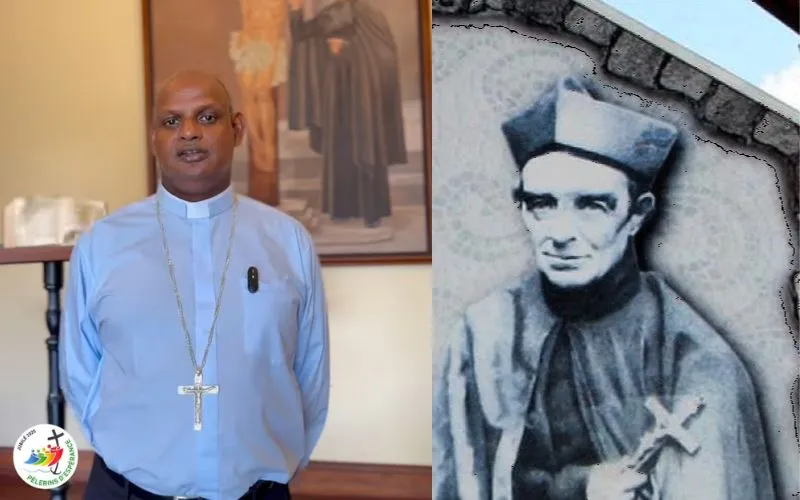Maseru, 09 October, 2021 / 8:00 pm (ACI Africa).
Catholic Priests and women and men Religious who go back to class to further their studies in various fields are often misunderstood by members of their respective communities, a Catholic Priest in Lesotho who was recently awarded a doctorate has said.
In an interview with Radio Vaticana, Fr. Dr. Benedict Mosiuoa Makhata said that some of those who choose to advance their studies receive little support from their communities.
Sometimes, these Priests are accused of trying to leave Priesthood when they express the desire to go back to school, Fr. Benedict said in the interview report published Sunday, October 3, and added that it is important for the Clergy and women and men Religious to further their studies in various fields.
Sharing his own experience while pursuing his doctoral studies, Fr. Benedict said, “It was really challenging for me when I started my PhD. I wasn’t really supported much.”
“I have learnt that in Religious Life, there are some people who are comfortable where they are and they sometimes find it difficult to understand the motive behind one’s decision to advance their studies. Some would feel that I am studying because I wanted to leave the Priesthood. These challenges were heavy on me because I wasn’t able to get much support from my own brothers and confrères,” the Mosotho Priest narrated.








